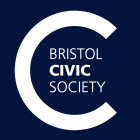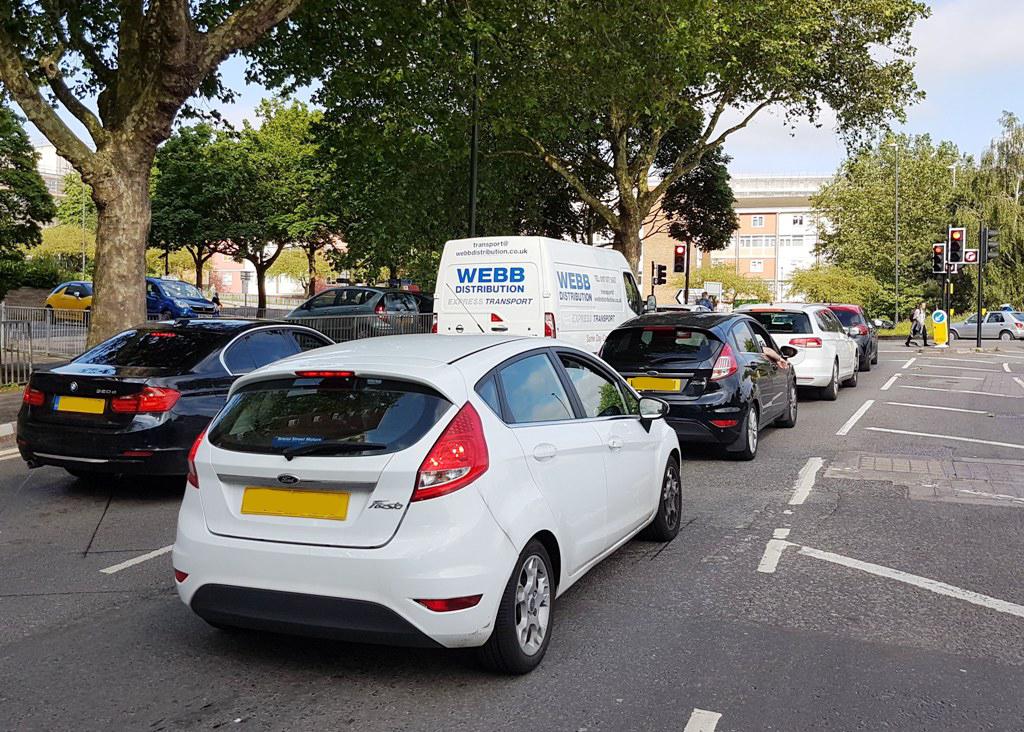The consultation on the council’s transport Clean Air Plan started on 1 July and ended on 12 August. On 21 July, the modelling results for the two consultation options were published. Option 1 delivers by 2029, and Option 2 by 2028.
The Sustainable Transport Network (a group of Bristol Green Capital Partnership) submitted the following response.
Response
This is only the start of the transport measures needed. The Traffic Clean Air Zone is driven by compliance with the EU 40mg NO2 limit “as soon as possible”. It is good to see the worst pollution addressed, but a more significant reduction in exposure to air pollution is needed. This plan has to be seen as part of the overall aim to reduce the number of single-user vehicles so that our narrow city centre roads can meet the travel demand whilst minimising air and noise pollution. We urge the council to bring a sense of urgency to the Bristol Transport Strategy’s measures around demand suppression (congestion charging/workplace parking levy – which should not simply be about raising funds but also about reducing traffic), and more Park and Rides. These need to be complemented by improved facilities to enable people to walk, cycle and travel by public transport around the city.
But let us consider the consultation on its own terms.
The plan needs to be stronger. Achieving compliance in 2029 (option 1) or 2028 (option 2) is not soon enough. The council recognises it may have to strengthen the plan (although this is not clear from the consultation material), or the government may enforce a stronger plan (as they did for Coventry), and we strongly support that. (We acknowledge that the compliance year relates to a few problem streets and that other roads will achieve compliance earlier, but other cities are delivering compliance much earlier, eg Birmingham, Newcastle, Nottingham and Sheffield by 2022.)
We support a plan that restricts cars for the following reasons:
- there are more cars than other vehicles and they therefore contribute more to air pollution;
- bus and lorry journeys are mostly non-discretionary, whereas many car journeys could be made by other means;
- it makes no sense to load costs on more sustainable modes of travel and not on the less sustainable mode – the privately owned car. The additional costs incurred by buses and taxis will result in higher costs for customers;
- whilst we understand the Council’s concerns about adverse effects on low income families reliant on their car or van, we cannot ignore the health impacts on the 20%1 of most deprived people in Bristol who do not own a car and also have lower healthy life expectancy. They would benefit substantially from a bold Clean Air Zone. We would also draw attention to recent research confirming that households in the poorest areas emit the least NOx and PM, whilst the least poor areas emitted the highest, per km, vehicle emissions per household through having higher vehicle ownership, owning more diesel vehicles and driving further distances.
Although we would prefer a larger Clean Air Zone, we would offer initial support to the Option
1 Clean Air Zone if it was amended to include cars (Class D), and we support a diesel car
ban as an alternative.
We particularly support the following additional changes listed in Q9 of the consultation.
- road measures giving priority to buses. As well as more bus lanes, we would support 24-hour bus gates in the city centre (possibly at Wine Street, Counterslip at St Philip’s Bridge, and on Park Street at City Hall);
- a ban on heavy goods vehicles on city centre streets;
- improvement of walking and cycle routes;
- introduction of anti-idling measures, not just for buses but for all road vehicles. Enforcement in a clean air zone may help, but it may be more effective to run a public awareness campaign to address no-idling when queued in congestion;
- better public transport to the BRI, which is a pollution hotspot;
- mobility credits as an alternative to a scrappage scheme that encourages buying a car.
There are other good changes in the list, but these are the ones which we think are most important.
We would also support the introduction of School Streets, closing roads outside schools at
drop-off and pick-up times.
We seek assurance that the proposed 7am to 3pm period for banning diesel cars is the most effective. Rather than having one 8 hour period, it may be more effective to split it into morning and evening peak bans.
Alan Morris

